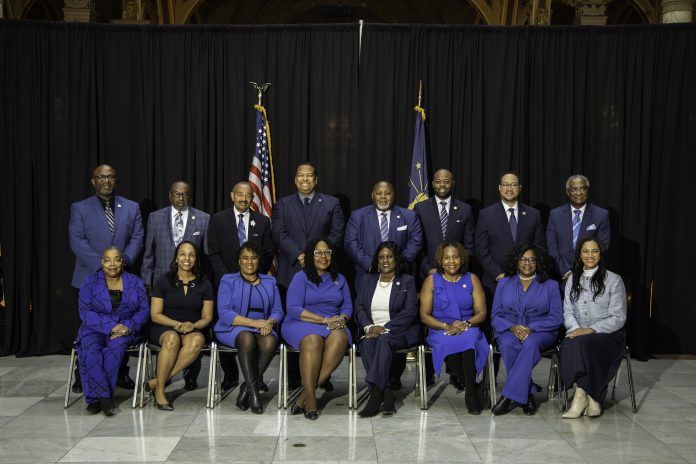Evansville Mayor Stephanie Terry announced today that the City of Evansville will participate in the Move with the Mayor® Spring Mental Health and Physical Activity Challenge, a national initiative aimed at highlighting the power of movement and social connection in supporting mental and physical health.
The initiative – held in partnership with the National Forum for Heart Disease and Stroke Prevention – will launch in Evansville on Wednesday, May 1, and run throughout Mental Health Awareness Month.
As part of the challenge, Mayor Terry encourages residents of all ages to participate in group and individual activities such as walking, biking, meditation, yoga, and more. The month-long effort seeks to strengthen mental well-being, reduce isolation, and foster a greater sense of community connection across the city.
“When we move together, we grow together—not just physically, but emotionally and as a community,” said Mayor Stephanie Terry. “I know how heavy life can feel sometimes, and I also know how much better things can get when we show up for ourselves and for one another. That’s what Move with the Mayor is all about—taking simple steps to feel better, connect more, and build a healthier, more supportive Evansville for everyone.”
Residents are invited to share their progress and inspire others by using the hashtag #MoveWithTheMayor on social media throughout the month.
Mayor Terry also will be walking in different areas of the city every Monday at 10:30 a.m.; those events will be announced closer to the dates. And she will be encouraging movement through activities like line dancing, stretching, and breathing exercises during several of her initiatives throughout the month, including:
- Traveling City Hall (Wednesday, May 14, 5:30 p.m., Sunrise Pump Station)
- Pool Party! Mayor’s Free Day at City Pools (Date TBD)
- Block by Block Neighborhood Cleanup (Saturday, May 31, Tepe Park Neighborhood)
According to the Centers for Disease Control and Prevention, mental health is a key component of overall wellness—and poor mental health can significantly increase the risk of cardiovascular diseases like heart disease and stroke. By encouraging movement and connection, the City hopes to take proactive steps toward healthier outcomes for all residents.
Research shows being physically active and socially connected can reduce these risks while improving cognitive function, mood, and quality of life. “We’re thrilled to have Mayor Terry on board with the National Forum’s campaign to spotlight the importance of social connections for physical and mental well-being,” says John M. Clymer, executive director of the National Forum. “The research is clear. Social isolation and loneliness pose serious health risks, but building strong connections with others while moving more can make a real difference.”












